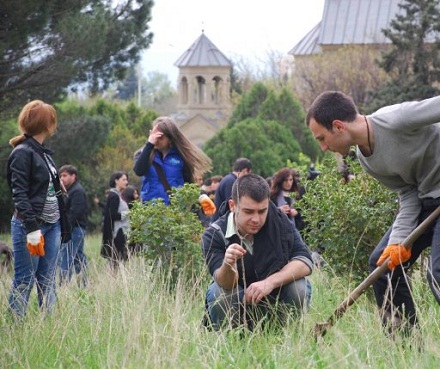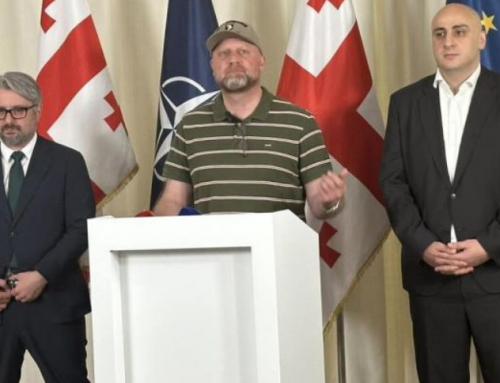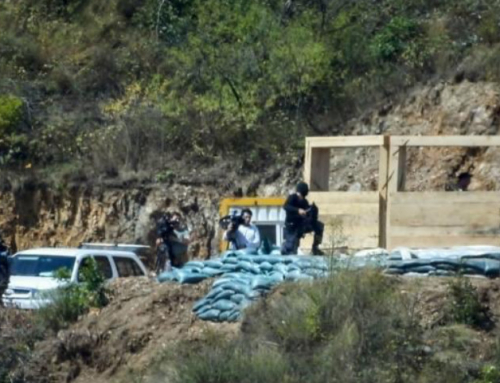
A treaty signed 35 years ago to educate people about protecting the environment was renewed in Tbilisi last Friday.
TBILISI, DFWatch – In Tbilisi on Friday, representatives of 103 countries adopted an agreement on environmental protection education.
The treaty outlines what both countries and international organizations can do.
It is a continuation of a treaty also signed in Tbilisi in 1977.
The 1977 Tbilisi declaration is one of the basic documents within environmental protection education, both in terms of the formal and informal. The Tbilisi Declaration provided for the main directions which later became the basic principles of international documents and global initiatives in environmental protection education.
35 years later, a two-day conference was again held in Tbilisi, called Tbilisi+35 http://www.tbilisiplus35.ge/. It was organized by the Georgian government, and saw participation from representatives of 103 countries’ governments and international organizations, and environment protection specialists.
Partners of the project are UNESCO and UNEP’s International Environmental Education Program.
The goal of the conference was to evaluate the current situation regarding environment protection education and progress of national, regional and international measures in this field.
President Mikheil Saakashvili opened the conference. It was led by the new environment minister.
The director of UNESCO and UN’s Environment Protection (UNEP) program manager addressed the guests.
At the end of the conference, up to 400 delegates of 103 countries adopted the document, which is an international agreement on environmental protection education. It presents recommendations and global schedule from 2015.
“The ultimate aim of environmental education is to enable people to understand the complexities of the environment and the need for nations to adapt their activities and pursue their development in ways which are harmonious with the environment,” this is a goal of adopting the document.





Leave A Comment
You must be logged in to post a comment.